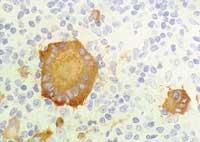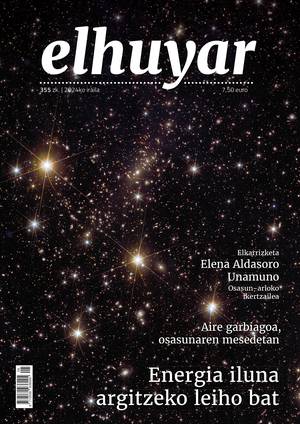Nearest HIV anti-variation vaccination
The AIDS virus (HIV) is capable of producing many variants, so it is so difficult to get a protective vaccine against all variants. However, it seems that researchers are moving toward the vaccine.

It is known that the GP 120 protein, which is on the HIV cover, can change its appearance, and it is to this that HIV owes its variability. But researchers at the U.S. Institute of Human Virology discovered that all 120 gp molecules had a common characteristic. In addition, HIV is not associated in any way with cells to count them, specifically, the protein gp 120 is the one that binds to the cell's CD4 molecule. And the complex formed in this link has the same structure in all variants of HIV.
Aware of this, researchers have developed a GP 120-CD4 artificial complex, which has shown that it is capable of producing antibodies against many HIV variants. The results have been very satisfactory in both small laboratory animals and monkeys, and although the aim of the vaccine is to prevent the disease, it can also be used in therapy. It takes two years to test it in humans.





